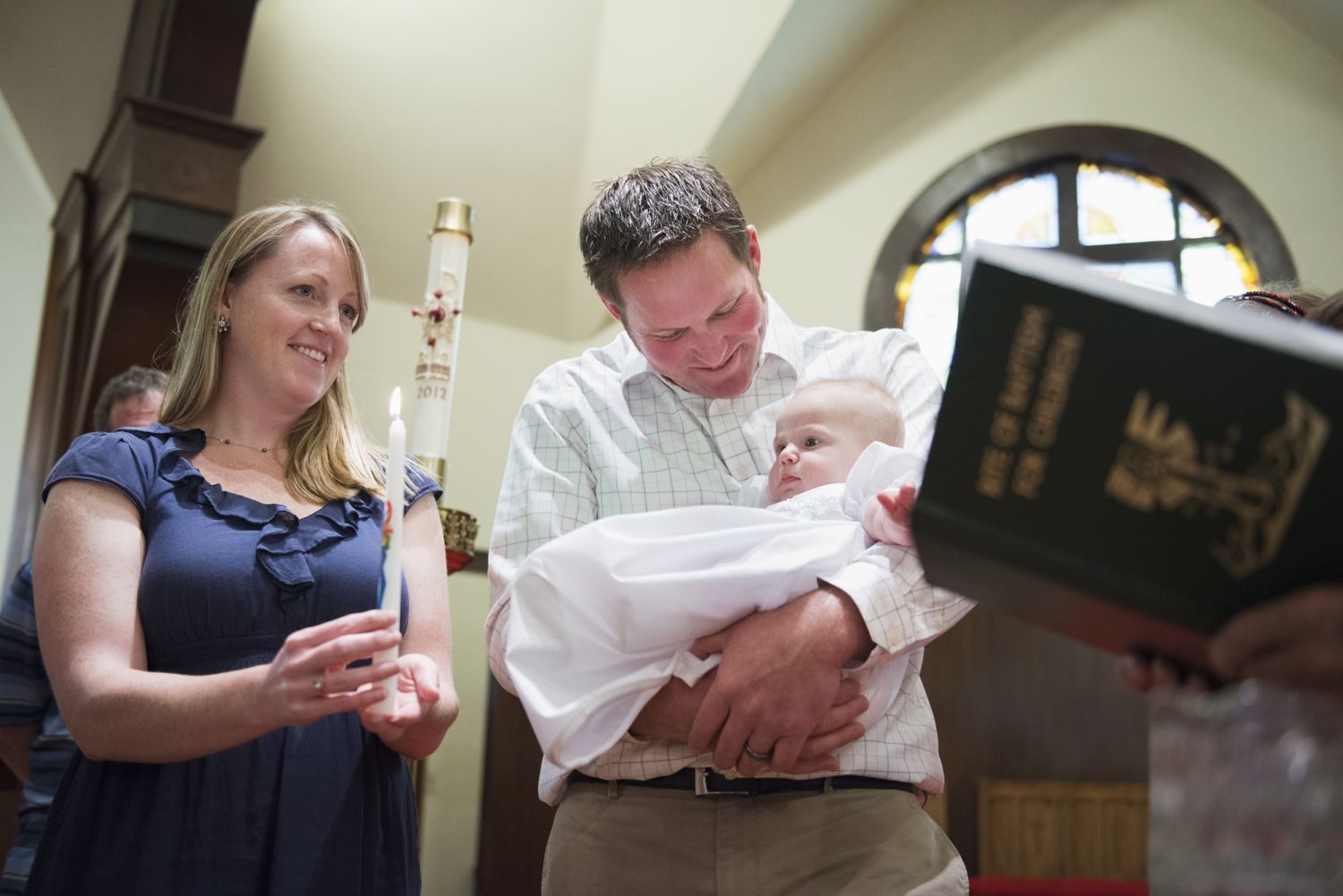
What is sanctifying grace? It's the divine life God shares with us, making our souls holy and pleasing to Him. This grace transforms us into God's children, enabling a life of virtue and holiness. Unlike actual grace, which helps us perform good actions temporarily, sanctifying grace is a permanent gift. It’s essential for salvation, as it unites us with God. Through sacraments like baptism and reconciliation, we receive and restore this grace. Sanctifying grace also influences our moral decisions, prayer life, and spiritual growth. Understanding its role can deepen your relationship with God and guide you toward eternal life.
What is Sanctifying Grace?
Sanctifying grace is a key concept in Christian theology, especially within Catholic and Eastern Orthodox traditions. It refers to the divine gift that transforms believers, enabling them to live a holy life and grow closer to God.
- Sanctifying grace is the divine life God imparts to the soul, making it holy and pleasing to Him.
- Types of grace include sanctifying and actual grace. Sanctifying grace is permanent, while actual grace is temporary and helps in performing good actions.
Role of Sanctifying Grace in Salvation
Sanctifying grace plays a crucial role in the salvation of believers. It is the means by which individuals become children of God and attain eternal life.
- Essential for salvation, sanctifying grace unites a person with God, making eternal life possible.
- Indwelling of the Holy Spirit refers to the Holy Spirit residing within the soul, guiding the believer towards holiness.
How Sanctifying Grace Works
Sanctifying grace can be understood through the concepts of infusion and illumination. These processes help believers grow in their relationship with God.
- Infusion is the initial gift of grace that makes a person a child of God.
- Illumination is the ongoing process of sanctification throughout a person's life.
State of Grace and Its Loss
Being in a state of grace means possessing sanctifying grace. However, it can be lost through mortal sin but restored through repentance.
- State of grace characterizes a deep relationship with God and a commitment to virtue.
- Loss of sanctifying grace occurs through mortal sin, severing the relationship with God.
- Restoration is possible through repentance and the sacrament of reconciliation.
Sacraments and Sanctifying Grace
The sacraments play a significant role in acquiring and restoring sanctifying grace. Each sacrament has a unique function in this process.
- Baptism imparts sanctifying grace, making it the sacrament of initiation.
- Holy Spirit in baptism infuses the person with sanctifying grace, making them a member of the Body of Christ.
- Confirmation strengthens faith and deepens the relationship with God.
- Eucharist provides ongoing nourishment for the soul, helping believers live virtuously.
- Reconciliation restores sanctifying grace after mortal sin.
- Anointing of the sick provides spiritual and physical healing, imparting sanctifying grace.
- Ordination sets individuals apart for service in the Church, equipping them with sanctifying grace.
Impact on Moral and Spiritual Life
Sanctifying grace influences every aspect of a believer's life, from moral development to spiritual growth.
- Moral development is guided by sanctifying grace, helping believers make virtuous choices.
- Prayer life is enhanced, allowing deeper communication with God.
- Virtue is sourced from sanctifying grace, enabling a life of charity, justice, temperance, and prudence.
- Divine love is closely tied to sanctifying grace, allowing believers to experience and respond to God's love.
Overcoming Sin and Community Life
Sanctifying grace helps believers overcome sin and fosters a sense of unity within the Christian community.
- Spiritual growth is crucial for progressing towards holiness, making believers more like Christ.
- Overcoming sin is possible with the strength and wisdom provided by sanctifying grace.
- Community life is influenced by sanctifying grace, fostering unity and cooperation among believers.
Mission and Liturgical Life
Sanctifying grace equips believers for mission and plays a vital role in the liturgical life of the Church.
- Mission is essential for sharing the Gospel and living as a witness to God's love and grace.
- Sacraments of healing provide spiritual and physical healing, maintaining the state of grace.
- Liturgical life offers ongoing nourishment for the soul, deepening the relationship with God.
Personal Holiness and Moral Decision-Making
Sanctifying grace is the primary means by which believers achieve personal holiness and make moral decisions.
- Personal holiness transforms believers into children of God, enabling a life pleasing to Him.
- Moral decision-making is influenced by sanctifying grace, providing wisdom and strength for virtuous choices.
Divine Providence and Eternal Consequences
Sanctifying grace helps believers understand and accept God's plan for their lives, with eternal consequences.
- Divine providence is connected to sanctifying grace, helping believers accept God's plan even in adversity.
- Eternal consequences depend on the presence or absence of sanctifying grace, determining union with God in heaven or separation from Him eternally.
The Essence of Sanctifying Grace
Sanctifying grace is a game-changer in Christian life. It’s the divine spark that transforms believers into children of God, guiding them toward holiness. This grace isn’t just a one-time gift; it’s a lifelong companion, helping folks grow spiritually and morally. Through sacraments like baptism, Eucharist, and reconciliation, believers receive and restore this grace, keeping their connection with God strong. It influences every aspect of life, from prayer and virtue to community and mission. Losing sanctifying grace through mortal sin is serious, but the door to restoration is always open through repentance. Ultimately, sanctifying grace shapes a person’s eternal destiny, uniting them with God in heaven. Understanding and embracing this grace can lead to a life filled with divine love, virtue, and eternal joy.
Was this page helpful?
Our commitment to delivering trustworthy and engaging content is at the heart of what we do. Each fact on our site is contributed by real users like you, bringing a wealth of diverse insights and information. To ensure the highest standards of accuracy and reliability, our dedicated editors meticulously review each submission. This process guarantees that the facts we share are not only fascinating but also credible. Trust in our commitment to quality and authenticity as you explore and learn with us.


